Mark’s career started when he joined his father’s company, then called STC Global, in 2004. The business began with a personal mission rooted in a tragedy: the Piper Alpha disaster, which claimed the lives of 167 oilmen, including two family friends. This event spurred Mark’s father to improve safety in the oil and gas industry through “softer skills” like behavioral safety and leadership training. For the first decade, the company focused on empowering people to build a strong safety culture.
The pivotal shift, Mark explained, occurred in 2006 when the company started developing bespoke processes and procedures tailored to specific industries. This move away from generic training eventually exposed Mark to the critical disciplines of incident investigation and root cause analysis, which would come to dominate COMET’s work. The company eventually acquired a firm founded by two former police detectives who had developed a methodology for understanding and preventing “unplanned events.”
A major oil and gas client eventually forced the company to embrace technology in 2015, when they said, “We won’t buy it unless it’s an app.” This led to a merger with a tech company, and eventually, the rebranding to COMET.
The Power of AI: Finding What the Human Eye Can’t See
Mark described how AI has been a game-changer for the industry. Historically, investigating incidents and finding root causes was a “human-led” and “case-by-case” process. While effective, it failed to harness the collective intelligence of an organisation.
AI has enabled a new dimension: the ability to analyse “huge datasets at scale.” By modeling vast amounts of information—from incident reports and near misses to audits and inspections—AI engines can “tease out insights… that the human eye simply can’t see.”
This capability allows organisations to not only identify where they have systemic compliance gaps but also to find “pockets of really good performance.” By understanding why some areas are thriving, they can replicate success. This shift enables organisations to put “preventive spend in better places” and capture opportunities for non-compliance before they ever “exhibit any consequence.”
Empowering the Client: A Consultant’s True Goal
Nick raised a point about fostering a culture where compliance isn’t just a checkbox. Mark explained that his team is continually exposed to the worst-case scenarios when compliance fails, making the importance of their work evident internally.
However, he stressed that in large, mature client organisations, a third party simply cannot do it for them. The goal of COMET is to empower clients to own the process themselves. This means providing a robust framework that clients can implement, manage, and evolve.
Mark noted, “You’ve got to have the willingness and the ability to empower the client organisation to want to go and do it for themselves.” He added that a consultant’s true legacy is to make themselves “redundant” by leaving a sustainable system behind.
Investing in a Future Without Failure
Looking ahead, Mark sees COMET positioned as the “de facto place” for root cause analysis technology. He emphasised that their work, much like safety, is “not a destination.” The company must constantly invest and innovate to stay ahead of the curve, especially with AI progressing at a “ridiculous pace.”
Ultimately, Mark said his biggest worries are the “unknowns”—from competitors’ innovations to major, unpredictable events like a pandemic. However, a healthy dose of “nervous energy” keeps him and his team sharp, committed to their mission of helping organisations eliminate repeat failure and build a more resilient future.
The Future of GRC is Live at #RISK Europe
The conversation between Nick James and Mark Rushton highlights a fundamental shift: GRC is no longer a reactive, checkbox exercise. It is a strategic discipline that, when powered by AI and a proactive culture, enables an organisation to accelerate with confidence.
This is the core of what #RISK Europe is all about. The conference is your opportunity to continue this vital conversation in person, moving from the theory of failure prevention to a practical, actionable playbook. At our dedicated stages, you can learn how to implement the exact strategies Mark Rushton discussed, including how to leverage AI to find insights the human eye can’t see and how to build a resilient culture that owns its compliance.
Join the leaders who are defining this new era of risk, including professionals from Google, Meta, Mastercard, NHS, Barclays, the Ministry of Defence, and dozens of other firms across every sector. This is your chance to get the tools, the network, and the mindset to ensure your organisation is prepared not just to survive, but to thrive.






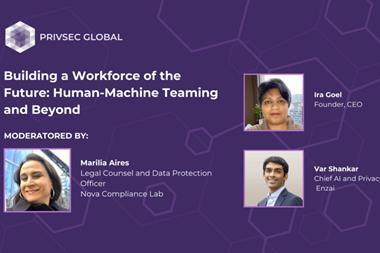
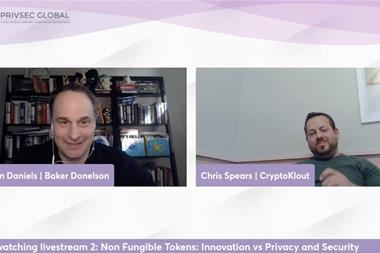
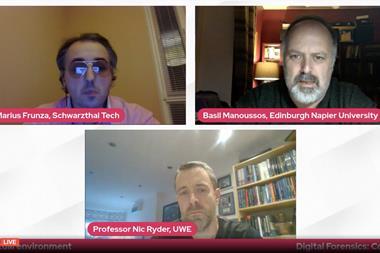
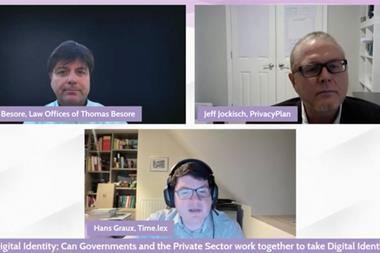

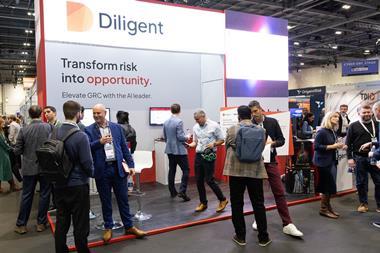

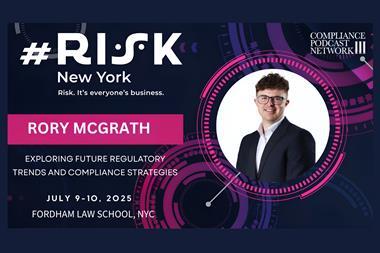
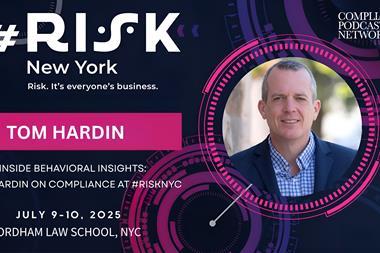
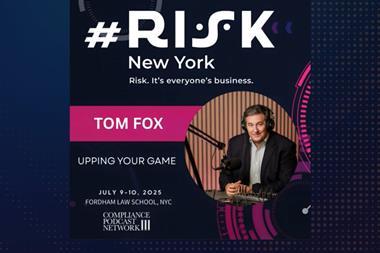







No comments yet